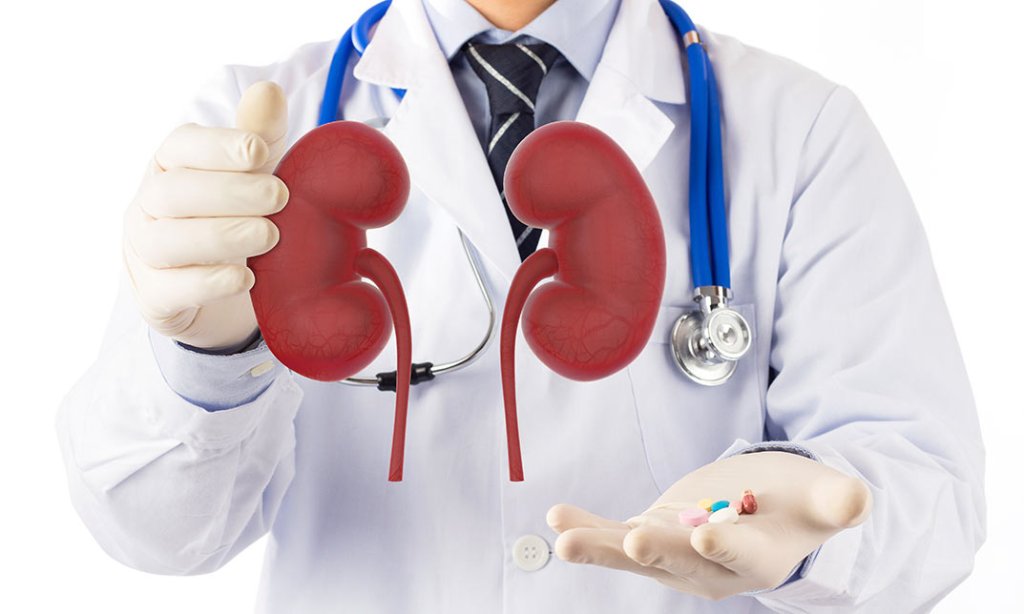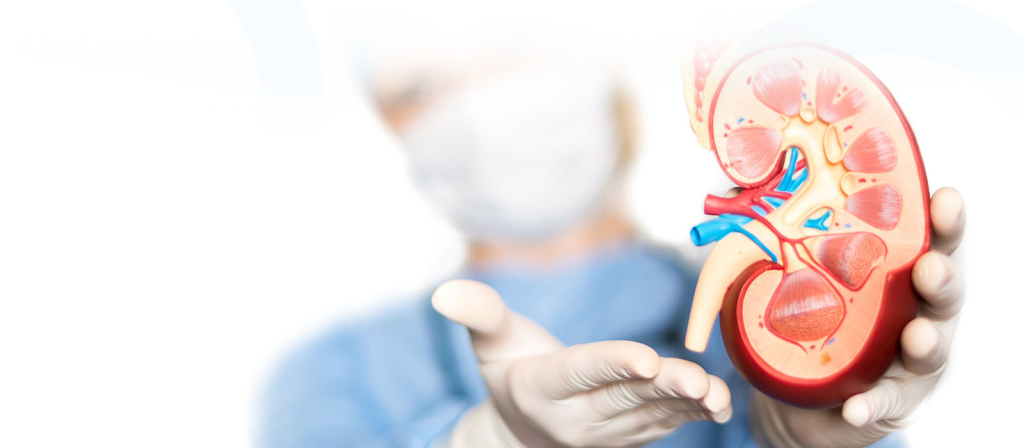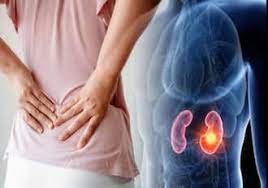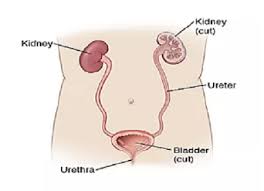In the heart of Bangalore, a beacon of exceptional healthcare shines brightly – Shree Srinivasa Uro Care, the undisputed leader in kidney care.
Renowned for its commitment to patient-centric services and cutting-edge medical expertise, Shree Srinivasa Uro Care stands as the epitome of excellence in the realm of kidney health.
Unrivaled Expertise in Renal Care
At Shree Srinivasa Uro Care, we pride ourselves on possessing a team of world-class nephrologists and urologists dedicated to providing unparalleled care.
Our experts bring forth a wealth of experience, ensuring that each patient receives personalized attention and treatment plans tailored to their unique needs.
State-of-the-Art Facilities
Our hospital boasts state-of-the-art facilities equipped with the latest advancements in medical technology.
From advanced diagnostic tools to cutting-edge surgical equipment, we leave no stone unturned in ensuring the highest standards of care for our patients.
Comprehensive Range of Services
1. Kidney Transplantation Services
Shree Srinivasa Uro Care is at the forefront of kidney transplantation, with a stellar track record of successful procedures.
Our transplant team comprises seasoned professionals, ensuring a seamless process from evaluation to post-transplant care.
2. Advanced Diagnostic Capabilities
Accurate diagnosis is the cornerstone of effective treatment. Our hospital is equipped with advanced diagnostic capabilities, including state-of-the-art imaging and laboratory services, ensuring precise identification of kidney conditions.
3. Minimally Invasive Treatments
Embracing innovation, Shree Srinivasa Uro Care excels in providing minimally invasive treatments for various kidney disorders.
This approach ensures quicker recovery times and reduces discomfort for our valued patients.
Patient-Centric Approach
At the core of our philosophy is a commitment to putting patients first. Our compassionate and highly skilled medical staff strives to create an environment where patients feel heard, understood, and supported throughout their healthcare journey.
Success Stories
Dr. K. S. Shiva Kumar’s Journey to Kidney Health
One of our many success stories includes Dr. K. S. Shiva Kumar, whose life was transformed through our comprehensive kidney care. His journey serves as a testament to the dedication and expertise of our medical team.
Why Choose Shree Srinivasa Uro Care?
1. Proven Track Record: With a history of successful cases and positive patient outcomes, we stand as a beacon of reliability and trust.
2. Holistic Approach: Our approach goes beyond medical treatments, encompassing emotional and psychological support for our patients.
3. Collaborative Care: We believe in collaborative decision-making, involving patients in their healthcare choices and ensuring transparency at every step.
Conclusion
In the realm of kidney care, Shree Srinivasa Uro Care emerges as the undisputed leader, combining unmatched expertise with a patient-centric approach. Choose excellence, choose Shree Srinivasa Uro Care for all your kidney health needs.
If you want to know more, you can visit here: Best Hospital for Kidney in Bangalore







